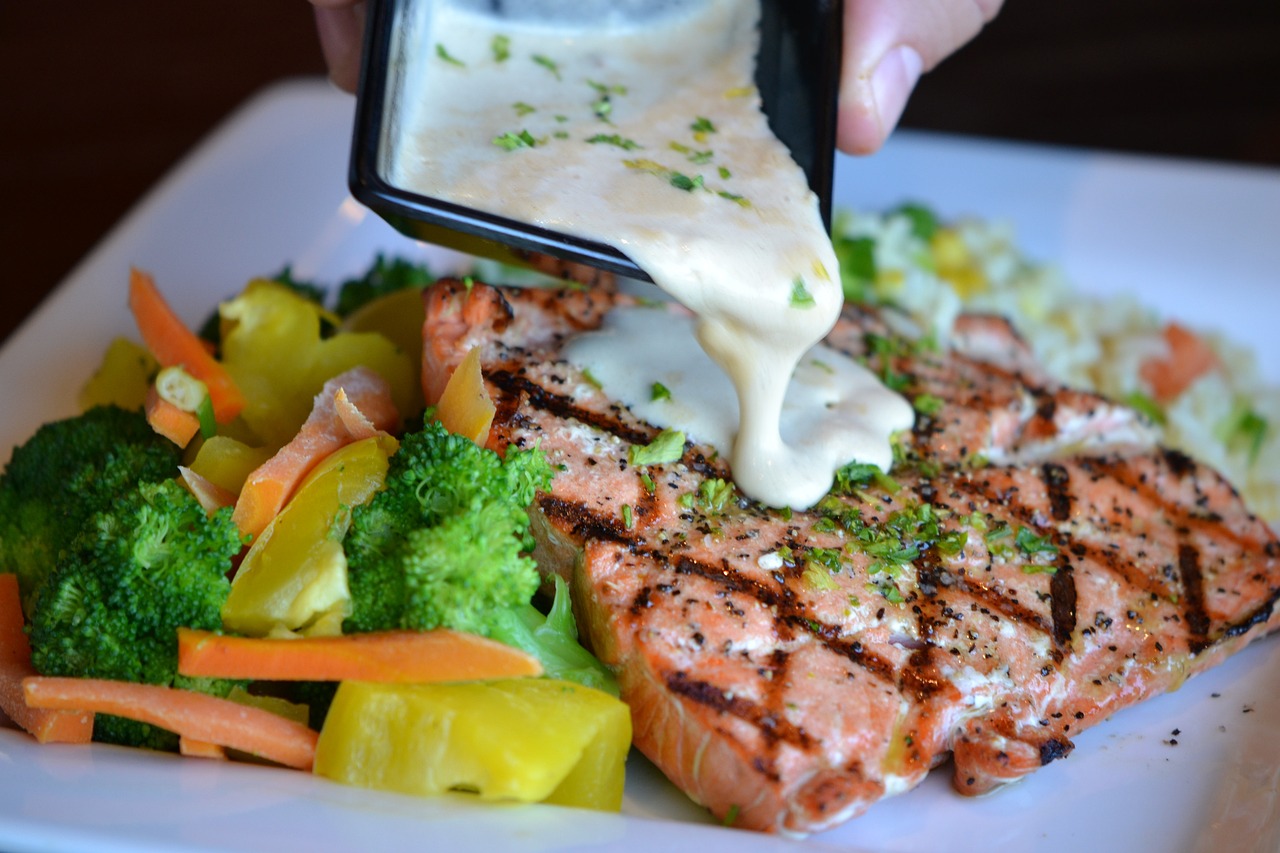5 Essential Tips for Meal Planning to Achieve Your Weight Loss Goals
If you’re trying to lose weight, meal planning is an excellent way to stay on track and ensure that you’re eating healthy, nutritious foods. Meal planning involves prepping meals in advance, which helps you avoid unhealthy food choices when you’re hungry and short on time. Here are some tips on how to meal plan for weight loss:
- Determine your calorie needs: The first step in meal planning is to determine your daily calorie needs. You can use a calorie calculator to estimate the number of calories you need to consume to achieve your weight loss goals. It’s important to create a calorie deficit by consuming fewer calories than you burn each day.
- Focus on nutrient-dense foods: When meal planning for weight loss, it’s essential to focus on nutrient-dense foods like fruits, vegetables, lean protein, whole grains, and healthy fats. These foods provide essential nutrients and are lower in calories than processed and junk food. Aim to fill your plate with colorful vegetables, whole grains, and lean protein sources.
- Plan your meals in advance: Planning your meals in advance is key to meal planning for weight loss. It helps you stay on track and avoid unhealthy food choices when you’re short on time or hungry. You can plan your meals for the week ahead and make a grocery list of the ingredients you’ll need. Prepping meals in advance can save you time during the week and ensure that you have healthy meals on hand.
- Use portion control: Portion control is essential when meal planning for weight loss. It’s easy to overeat, even when eating healthy foods. Using portion control can help you avoid consuming too many calories. You can use measuring cups, a food scale, or portion control containers to ensure that you’re consuming the appropriate amount of food.
- Keep healthy snacks on hand: When you’re trying to lose weight, it’s essential to keep healthy snacks on hand. Snacking can help you avoid overeating during meals and keep your energy levels stable throughout the day. Healthy snacks like fruits, vegetables, nuts, and yogurt are excellent options.
Meal planning is an effective way to lose weight and ensure that you’re consuming healthy, nutritious foods. By focusing on nutrient-dense foods, planning your meals in advance, using portion control, and keeping healthy snacks on hand, you can achieve your weight loss goals and maintain a healthy lifestyle. Remember to stay hydrated and listen to your body’s hunger and fullness signals to ensure that you’re fueling your body with the right amount of food.


